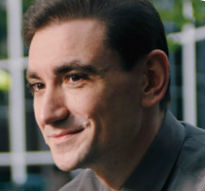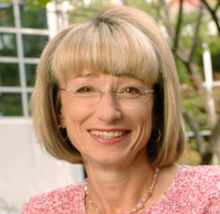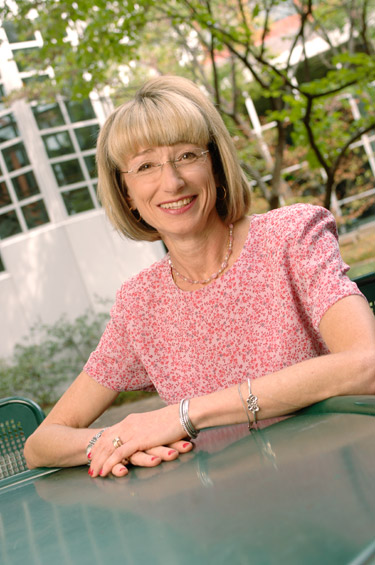 Energy always has been a bit of a mystery to me. Even though it’s such an inextricable part of my daily life, I have only the vaguest notions of how, say, electricity is produced, commoditized and then delivered to my home. In fact, I’m reminded how much I’m in the dark about energy every time that I’m, well, literally in the dark. All it takes is just a few hours without power to make me realize how little I understand it and how much I depend on it.
Energy always has been a bit of a mystery to me. Even though it’s such an inextricable part of my daily life, I have only the vaguest notions of how, say, electricity is produced, commoditized and then delivered to my home. In fact, I’m reminded how much I’m in the dark about energy every time that I’m, well, literally in the dark. All it takes is just a few hours without power to make me realize how little I understand it and how much I depend on it.
In the cover story, we attempt to shed some light on the broad and complex topic of energy. The story isn’t intended to be a comprehensive survey of the business or an endorsement of one fuel source over another. Rather our aim is to capture the energy sector through the prism of the Owen community—alumni working in the industry and the growing connections between their employers and the school.
In some sense, a university is as good a backdrop as any for understanding energy. At the heart of each is the idea of harnessing untapped potential. Take, for example, the rivers and lakes that feed hydroelectric plants across the U.S. In their natural state, these waterways may serve many purposes, but only when properly channeled do they generate power for the greater benefit of society. Likewise, students arrive on campus brimming with promise and ambition, but what helps them live to the fullest of their abilities is the direction they receive from faculty and others.
I’ve had the good fortune to report on this transformative process at Owen for the past five years. If there’s one thing I’ve learned, it’s that the process helps spark a strong current that connects everyone in this community. Call it what you will—enthusiasm, camaraderie—it’s an energy unto itself, albeit a different sort than what’s mentioned above. Yet it burns just as brightly in its own mysterious way.
Among the rewards of editing Vanderbilt Business is the privilege of being a part of this very energy. I may not fully understand where it comes from or how it connects one person to the next, but I do know that its pull makes it harder to say goodbye.
I’m sad to say this issue is my last: I’m joining the staff of Vanderbilt Magazine, and my talented colleague Nancy Wise will be the new editor. As excited as I am about this next step in my career, I’ll miss working with Owen’s faculty and staff on a regular basis. I’ll also miss not being able to bring to light more of the stories that make this school so extraordinary.
The inventor Buckminster Fuller once said, “Real wealth is ideas plus energy.” If that’s so, then there are few places as prosperous as Owen. This community has both energy and ideas in spades, and I’m the richer for having been a part of it. Thank you for making these past five years so illuminating in the fullest sense of the word.

 Energy always has been a bit of a mystery to me. Even though it’s such an inextricable part of my daily life, I have only the vaguest notions of how, say, electricity is produced, commoditized and then delivered to my home. In fact, I’m reminded how much I’m in the dark about energy every time that I’m, well, literally in the dark. All it takes is just a few hours without power to make me realize how little I understand it and how much I depend on it.
Energy always has been a bit of a mystery to me. Even though it’s such an inextricable part of my daily life, I have only the vaguest notions of how, say, electricity is produced, commoditized and then delivered to my home. In fact, I’m reminded how much I’m in the dark about energy every time that I’m, well, literally in the dark. All it takes is just a few hours without power to make me realize how little I understand it and how much I depend on it.










